In nature, the mouths of many animals have amazing cleanliness due to their unique structure and functionality. Although animals cannot use toothbrushes and dental floss like humans, their mouths are kept much cleaner than we think. This article will explore in detail the animals with the cleanest mouths and how they maintain oral hygiene through unique physiological mechanisms and living habits.
Many people may have heard the saying "A dog's mouth is cleaner than a human's mouth." This saying is not entirely wrong in some cases, but it cannot be completely accepted. There are indeed some enzymes in dog's saliva that can inhibit the growth of some bacteria and even help wound healing to a certain extent. However, dogs' eating habits and behaviors (such as licking themselves, the ground or garbage) make the types and numbers of bacteria in their mouths diverse and complex.
Dog's saliva contains an antibacterial protein called lysozyme, which can destroy the cell wall of bacteria and prevent infection. This biological characteristic makes the dog's mouth self-cleaning to a certain extent. However, there are still a lot of bacteria in the dog's mouth, especially after they come into contact with pollutants or eat unclean objects.
So, while dogs' mouths have some natural antibacterial properties, their mouths aren't the cleanest.
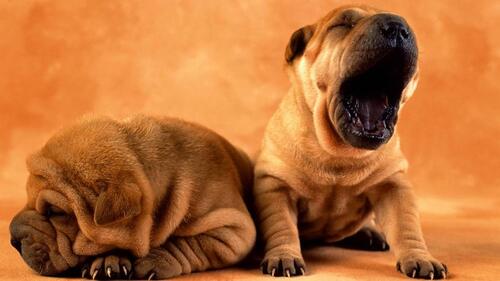
The shark's mouth is an amazing evolutionary achievement in nature. Although sharks are top predators that eat other marine life, their teeth are constantly falling off and regenerating, with a new row of teeth growing every once in a while. This physiological characteristic not only ensures that they have sharp teeth to hunt, but also prevents their teeth from getting infected after long-term use.
The surface of shark teeth is covered with a special antibacterial film that reduces the accumulation of oral bacteria. Therefore, although sharks often eat rotten or live prey, the self-cleaning ability of their mouths allows them to avoid a large number of bacterial infections.
Sharks also have a variety of antibacterial substances in their mouths that can effectively fight infection. This keeps sharks' mouths relatively clean, even though they live in a sea full of bacteria for a long time.
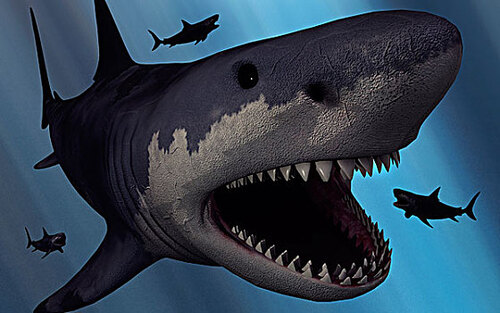
Birds are the only vertebrates without teeth, and their mouth structure makes it more difficult for bacteria to reproduce in them. Birds have smooth, hard beaks, lack teeth and dental caries, and therefore rarely have oral hygiene problems. Birds eat directly through their esophagus, so food does not stay in their mouths for a long time, which also reduces the chance of bacterial growth.
Many birds clean their beaks by bathing or rubbing against branches. They not only pay attention to the hygiene of their feathers, but also clean their mouths regularly. This self-cleaning behavior greatly reduces the accumulation of germs.
Although birds secrete less saliva, their saliva contains some enzymes that can help digest food. The nature of the saliva is relatively mild, which also reduces the environment for bacteria to grow in the mouth.

Vampire bats are known for their unique eating habits (mainly sucking the blood of other animals). Although this behavior makes people think that their mouths may be full of germs, the opposite is true. Bats' mouths contain a variety of antibacterial ingredients that can prevent them from being infected with pathogens by eating blood.
The saliva of vampire bats contains an antithrombin called "Draculin", which not only keeps the blood flowing, but also has antibacterial effects. This enzyme prevents the growth of bacteria in the mouth and helps bats avoid diseases caused by infections.
Bats have long fed on blood and have evolved a highly adaptable oral environment that can handle a large number of bacteria without affecting their health. Their oral self-cleaning ability is quite strong.
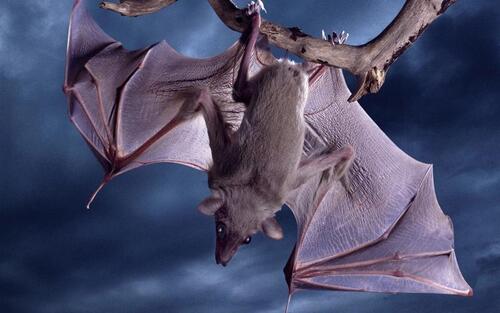
Anteaters feed on ants and termites, and their oral structure is very unique. Anteaters have no teeth, and they use their long tongues to catch food. The tongue is covered with mucus, which can effectively stick to prey. This toothless oral structure makes it difficult for bacteria to attach in the mouth.
The saliva of anteaters is rich in antibacterial ingredients that can kill or inhibit bacteria produced in the mouth. In addition, since anteaters have no teeth, they don't have to worry about food residues., which keeps their mouths clean at all times.
Since anteaters only eat tiny insects, their food does not stay in their mouths for a long time. This eating habit allows anteaters to avoid many oral diseases.
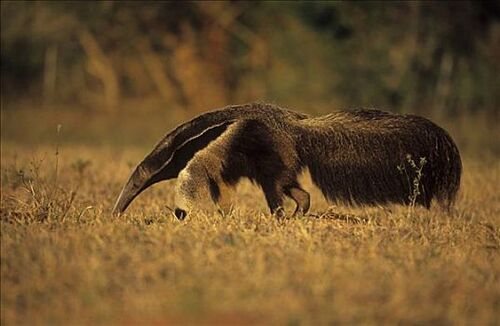
Cats such as lions, tigers, and domestic cats are known for their self-cleaning behavior. Cats not only use their tongues to comb their hair, but also lick their mouths and surrounding areas regularly, which helps remove food residues and maintain oral hygiene.
Cats' saliva contains lysozyme, which can help break down harmful bacteria in the mouth. This allows cats to keep their mouths clean in nature, and even if they feed on meat, their mouths will not easily breed bacteria.
When hunting, cats use sharp teeth to quickly bite food, and their eating method leaves less food residue in the mouth, which helps avoid bacterial growth and oral infections.
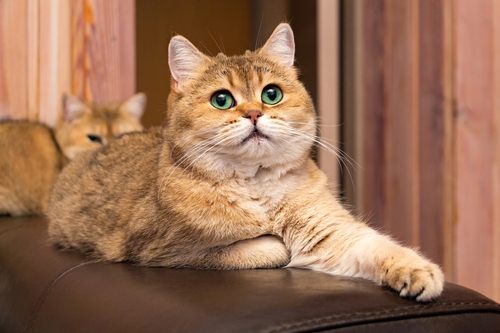
Tasmanian devils are scavengers that feed on carrion. Although they often ingest rotten animal carcasses, their mouths are surprisingly clean. The saliva of Tasmanian devils has strong antibacterial properties, which can help them remove bacteria produced in rotten food.
The saliva of Tasmanian devils contains a variety of antibacterial proteins, which can inhibit the reproduction of a large number of pathogens in the mouth, so that they will not be infected after eating carrion.
Tasmanian devils also clean their mouths by licking, which allows them to stay healthy even in harsh living environments.
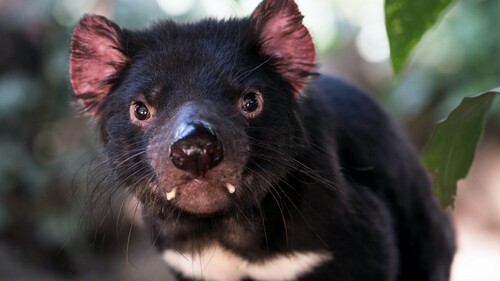
In nature, different animals maintain a relatively clean oral environment through their own unique physiological mechanisms, eating habits and behaviors. Sharks, bats, birds and cats, among other animals, demonstrate excellent oral hygiene, while many scavengers also rely on antibacterial components in saliva to protect themselves from bacterial infection. Therefore, although humans need to brush their teeth to keep their mouths clean, some animals in nature have the natural ability to clean their mouths.
animal tags: Tasmanian-devil cat anteater bat bird dog shark
We created this article in conjunction with AI technology, then made sure it was fact-checked and edited by a Animals Top editor.
you may also like
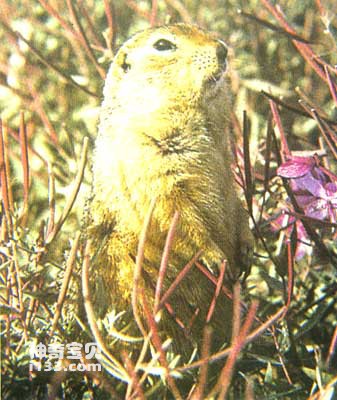
Lemmings are mammals that live in the Arctic all year round. They have an oval body shape, short limbs, and are smaller than ordinary mice. They can grow up to 15 cm. They have thick and short tails, small ears, and timid eyes. But when forced, When cornered, it will get angry and fight back....

1. Red coral In the past, red coral was given as tribute to the emperor, used as medicine for treating diseases, red coral was the prayer beads that Buddhists worshiped, and red coral was worn by the second-grade civil servants and generals of the Qing Dynasty. In short,...
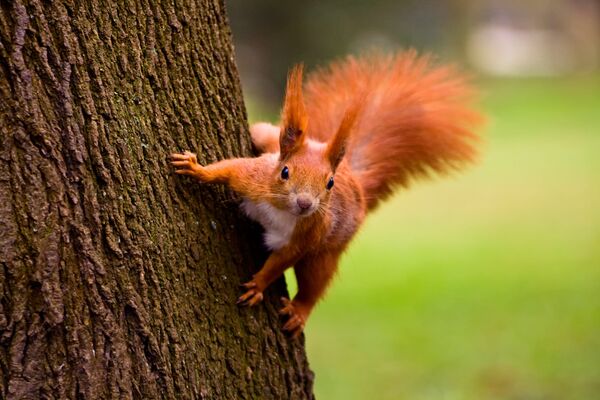
When we think of wildlife beauty, we often picture majestic animals like tigers, eagles, or deer. However, there’s an overlooked yet fascinating group of creatures that can rival any in terms of beauty: squirrels. Known for their playful antics and bushy tails, squirrels come in a variety of colors...
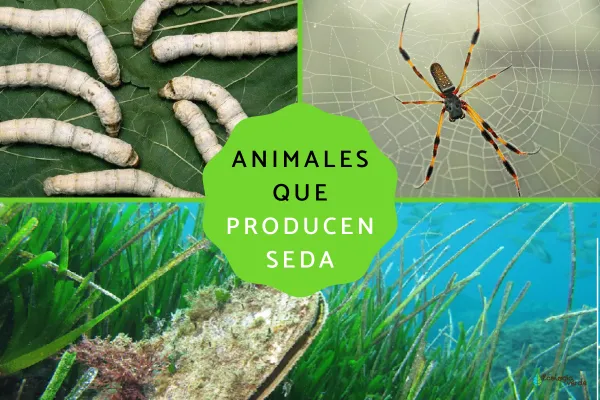
Natural silk is a highly valuable and coveted material. In the textile industry, it stands out for its soft touch, unparalleled drape, and signature sheen—alongside its thermal properties, hypoallergenic nature, and moisture absorption abilities.It might seem like silk is the perfect fabric. Every...
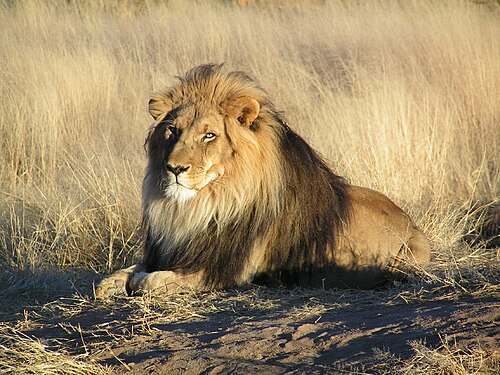
The lion (Panthera leo) is a large cat and is known as the "King of the Forest". It is the second largest living cat, after the tiger. Lions are primarily found in sub-Saharan Africa and small parts of Asia (such as the Gir Forest in India), although they once had a wider range, including Eur...

The giant panda (Ailuropoda melanoleuca) is a rare animal unique to China. It is known as a "national treasure" and has received widespread attention around the world. Not only does it attract countless people's attention because of its cute appearance, but its endangered status also t...
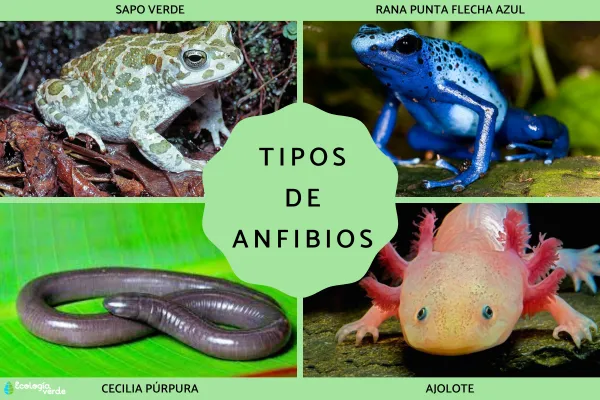
When people hear the word "amphibian," they often think of frogs—but the amphibian world is much more diverse than that. Amphibians are vertebrate animals that typically live both in water and on land during different life stages. Scientifically, amphibians are divided into three main gro...
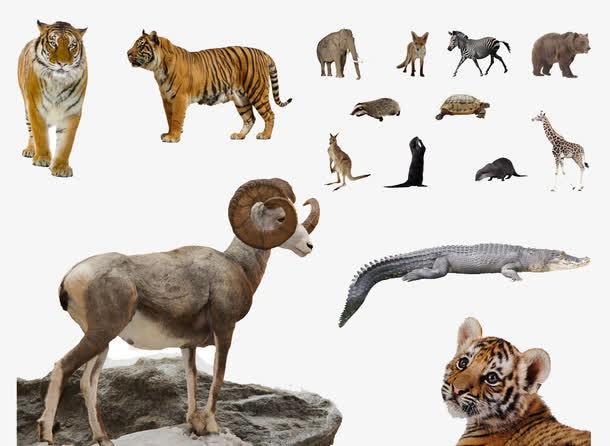
Animal Perception: Exploring the Sensory and Cognitive World of AnimalsAnimal perception refers to the ability of animals to receive and process information about the external environment through their senses, and then produce behavioral responses. Studies have shown that animal perception not only...
Email: jsset668#gmail.com (change # to @) Please indicate your purpose of visit! Guangdong ICP No. 2022053326 XML| map| Chinese

